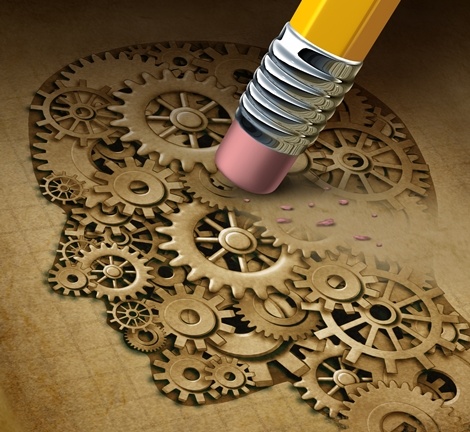
Researchers from the University of California, Irvine have discovered that neural stem cells transplanted into mice with a certain form of dementia can improve cognitive function and motor skills. The mice being treated had dementia with “Lewy bodies”, an abnormal growth of proteins that develop inside nerve cells in the brain.
The research was performed by neurobiologists for the Sue & Bill Gross Stem Cell Research Center and the Institute for Memory Impairments and Neurological Disorders. It may help scientists develop a stem cell treatment for dementia in the future.
Dementia with Lewy Bodies (DLB) is a very common form of age-related dementia that causes 10 to 25 percent of dementia cases. It is estimated by researchers that DLB is either the third most common form of dementia behind Alzheimer’s disease and vascular dementia.
DLB occurs when a protein called alpha-synuclein accumulates and forms masses called Lewy bodies. The Lewy bodies interfere with the function of neurones in the brain which leads to a number of negative outcomes —chemical function in the brain, neuronal communication are both affects and Lewy bodies can even kill brain cells. Lewy bodies are also found in people with Parkinson’s disease, meaning that this breakthrough may also be useful for the treatment of Parkinson’s.
The study was performed by associate professor of neurobiology & behavior Mathew Blurton-Jones and student Natalie Goldberg. It was recently published in the journal Stem Cell Reports.
The researchers transplanted the stem cells in mice that had been genetically modified to exhibit the symptoms of DLB. The cognitive function and motor skills of the mice were tested before the transplantation and 4 weeks afterwards. Researchers found that the mice significantly improved their motor skills and cognition after the transplant.
Researchers found that a specific growth factor called brain-derived neurotrophic factor (BDNF) was being created by the stem cells. They went on to determine precisely why BDNF was so important — the growth factor enhanced dopamine-and glutamate-producing neurons, which helped brain cells connect and communicate with each other.
The research paves the way for a stem cell treatment to treat many forms of dementia.
Source: Stem cell treatment lessens impairments caused by dementia with Lewy bodies
{{cta(‘3fe0aac7-7562-46dc-b8b9-c706d9cfd6b1’)}}
{{cta(‘fec594e9-5433-4350-9180-2bdd371eb399’)}}


